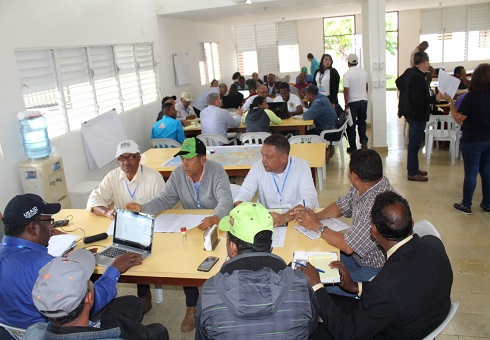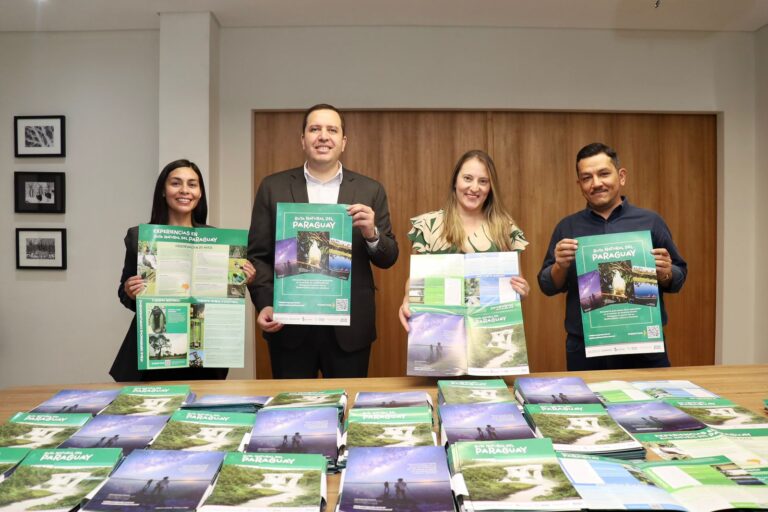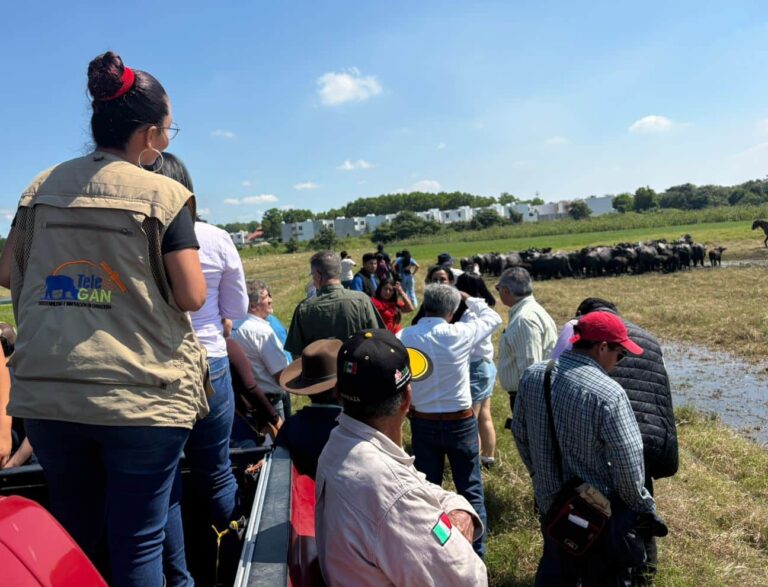These simulations were carried out under the preparation of the Phytosanitary Emergency Plan against Moniliasis of Cocoa

Santo Domingo, Dominican Republic, February 2018 (IICA). The Dominican Republic already has a Phytosanitary Emergency Response Plan for the potential introduction of Moniliasis of Cocoa (Moniliophthora roreri) in the country. The Plan has been prepared by Dr. Carmen Suárez Capello within the framework of the Project “Strengthening of the Surveillance Capacity and Phytosanitary Emergency Response to the Introduction of the Moniliasis of Cocoa in the Dominican Republic”, which is carried out by IICA with funds from the United States Department of Agriculture (USDA).
The Phytosanitary Emergency Response Plan was reviewed by the representatives of all the institutions involved with the Cocoa subsector in the country and it was utilized as a basis for the development of two cabinet simulations with the participation of around 115 participants, including technicians from the public and private sectors of the Cocoa subsector, as well as Cocoa producers, processors and marketers who are leaders in the Northeast Regional Agricultural Directorates (Duarte province, San Francisco de Macoris) and the Monte Plata Regional Agricultural Sub-Directorate (Monte Plata province) ). It is highlighted the significant technical support received by the International Regional Organization of Agricultural Health (OIRSA) during these simulations.
The first simulation was conducted on February 28, 2018 at the Mata Larga Conference and Training Center of the Dominican Institute of Agricultural and Forestry Research (IDIAF), in San Francisco de Macoris with 65 participants, including the agricultural authorities of the province and representatives of the Army and National Police.

The second simulation was developed on March 2 in the Cattlemen’s Association of Monte Plata (AGAMPTA), in Monte Plata city with 60 participants, including the agricultural authorities of the Agricultural Regional Sub-Directorate, technicians, producers and representatives of the Army and National Police of the province.
According to the opinion of the participants, both the development of the phytosanitary emergency plan and the trainings received on the operational mechanisms of response to the potential introduction of the Moniliasis of Cocoa were valuable to strengthen the country’s phytosanitary protection infrastructure in the involved regions.
The Representatives from the Ministry of Agriculture, IICA and OIRSA who participated in the event promised to continue supporting and promoting the development of field and cabinet simulations on Moniliasis of Cocoa, a disease that could cause the bankruptcy of the Cocoa Subsector if it enters in the country, a crop that is considered a key in the agricultural production and exportation of the Dominican Republic and it also provides forest coverage as well as conservation of water sources and environmental balance of the country.
More information: Dr. Dileccio Vanderlinder, Specialist in Agricultural Health and Food Safety, dileccio.vanderlinder@iica.int











